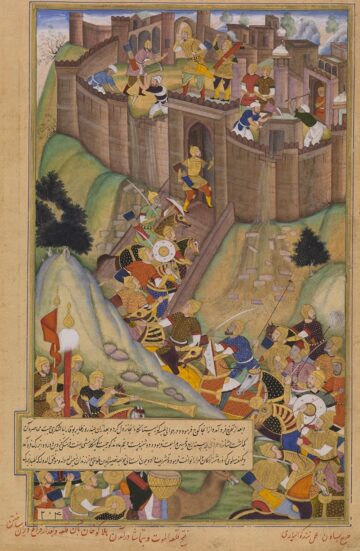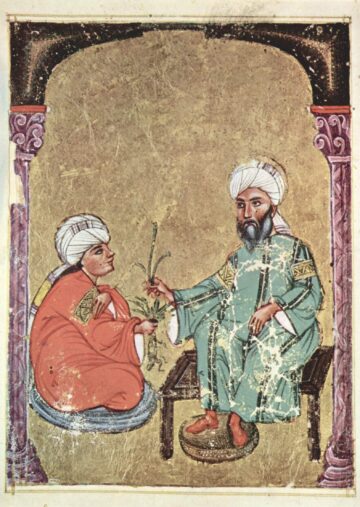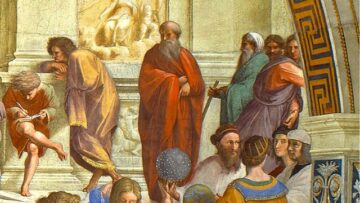Keywords: Prophet Muhammad, Sunni, Shi‘a, Khawarij, Zaydi, Imami, Ithna ‘Ashariyya, Nizari Ismaili, Mu‘tazila, Qarmati, Ibadi, People of the book (ahl al-kitab), ahl al-baytLit. ‘the people of the house’, meaning the Prophet Muhammad and members of his household including especially his cousin and son–in–law ‘Ali b. Abi Talib, his daughter Fatima and his…, Shi‘at ‘Ali, Abu Bakr, ’Uthman, ’Umar, ‘Ali ibn ‘Abi Talib, Mu‘awiya, Ja‘far al-Sadiq, Muhammad al-Baqir, Siffin, Karbala, mahdi, mawali, battle of al-Mukhtar, Murjia, caliphIn Arabic khalīfa, the head of the Muslim community. See caliphate., Imam, sufismFrom ‘sufi,’; an exponent of sufism (in Arabic taṣawwuf); the most common term used for the mystical approach to Islam., tariqa, da‘wa, da‘i, ghulat, taqiyyaPrecautionary dissimulation of one’s religious beliefs, especially in time of persecution or danger, a practice especially adopted by the Shi’i Muslims., sunnaCustom or practice; particularly that associated with the exemplary life of the Prophet Muhammad, comprising his deeds and utterances as recorded in the ḥadīth., hadith, ulama, umma, sects, firqa, wasi, nass, zahir, batin, ‘ilm, hujjat Allah, masum, kalam, falsafa, schools of law, orthodoxy, heterodoxy, diversity.
Abstract:The death of the Prophet Muhammad after a brief illness confronted the nascent Muslim community (umma) with its first major crisis, the crisis of succession to the Prophet. As a result, the hitherto unified Muslim community was soon split into its two major divisions or distinct communities of interpretation, designated subsequently as Sunnism and Shi‘ismSee Shi‘a..
In time, the Sunni and Shi‘a themselves were subdivided into a number of smaller communities and groupings with particular theological and legal doctrines that evolved gradually over several centuries. In addition to the Sunnis and the Shi‘as, other communities of interpretation in the form of religio-political movements or schools of thought began to appear among the early Muslims during this formative period. Most of these early communities proved short-lived, although several of them left lasting influences on the teachings of the surviving communities and shaped important aspects of Muslim thought.
The Kharijis (or Khawarij), a religio-political community of the first Islamic century who were opposed to both the Shi‘as and the SunnisAdherents of the majority branch of Islam, Sunnism; from the term sunnī which means a follower of the sunna of the Prophet Muhammad., have survived to the present times, and as such they are generally considered as Islam’s third major division.
Other important movements of the early Islamic times, such as the Murjia who originated in response to the harsh stances of the Khawarij and who adopted a more compromising position regarding other Muslim communities, did not survive long under their own names. There were also famous contemporary theological schools, such as the Mu‘tazila and Maturidism, which disappeared in medieval times after leaving permanent imprints on aspects of Shi‘a and Sunni theology.
Author

Dr Farhad Daftary
Co-Director and Head of the Department of Academic Research and Publications
An authority in Shi’i studies, with special reference to its Ismaili tradition, Dr. Daftary has published and lectured widely in these fields of Islamic studies. In 2011 a Festschrift entitled Fortresses of the Intellect was produced to honour Dr. Daftary by a number of his colleagues and peers.







